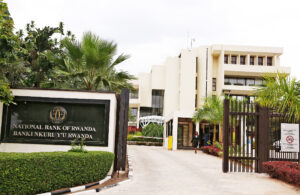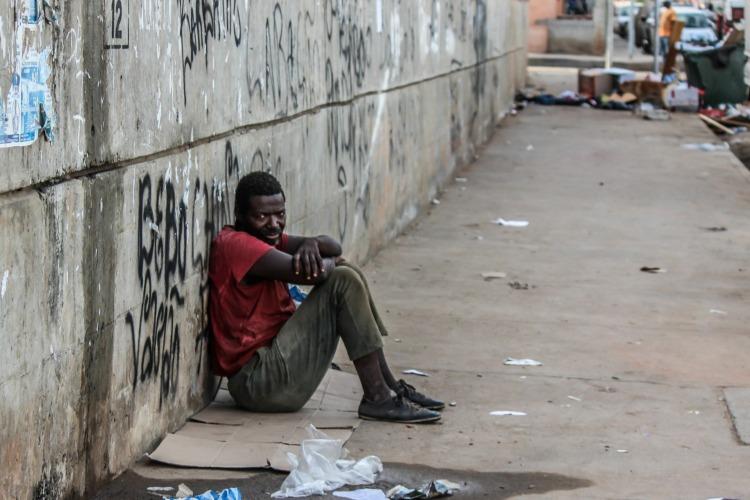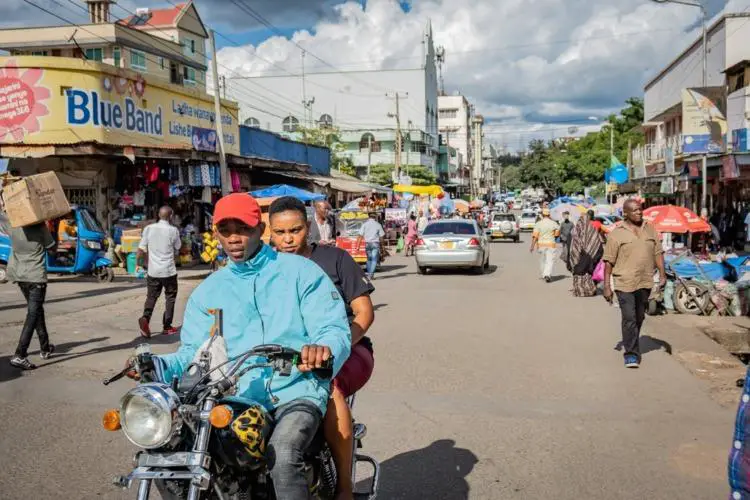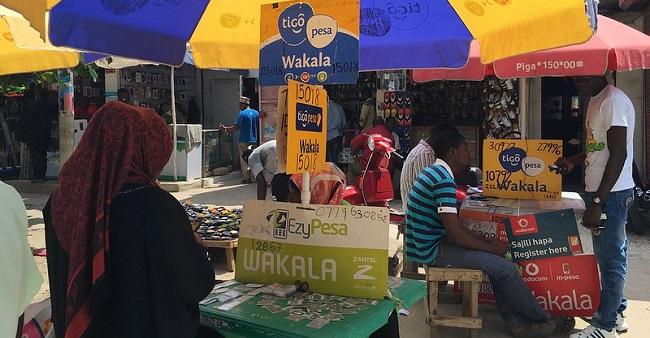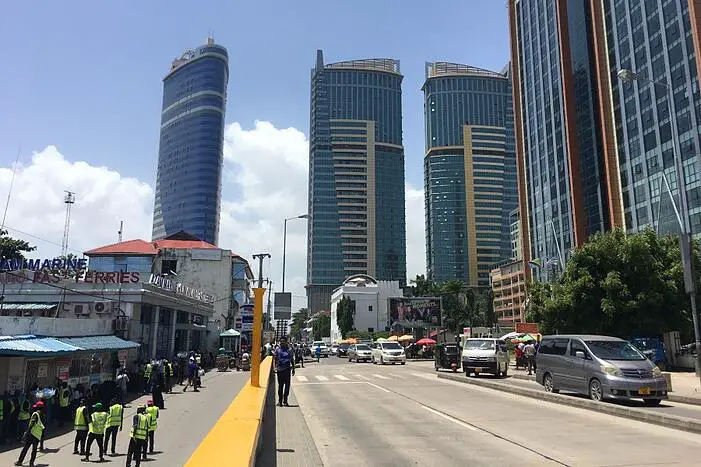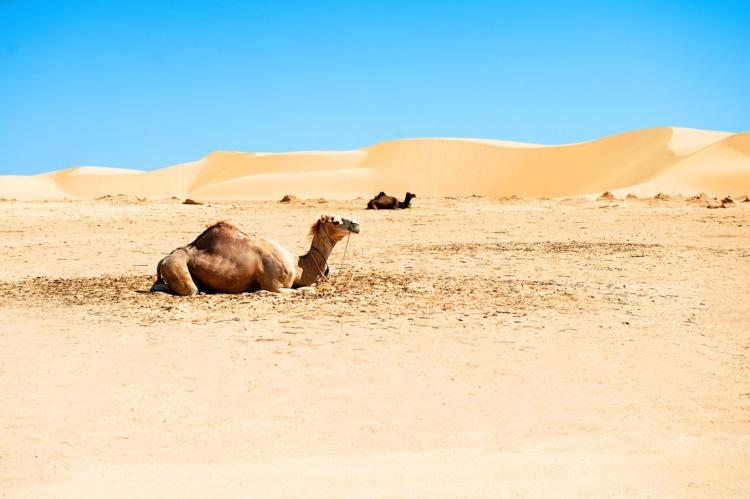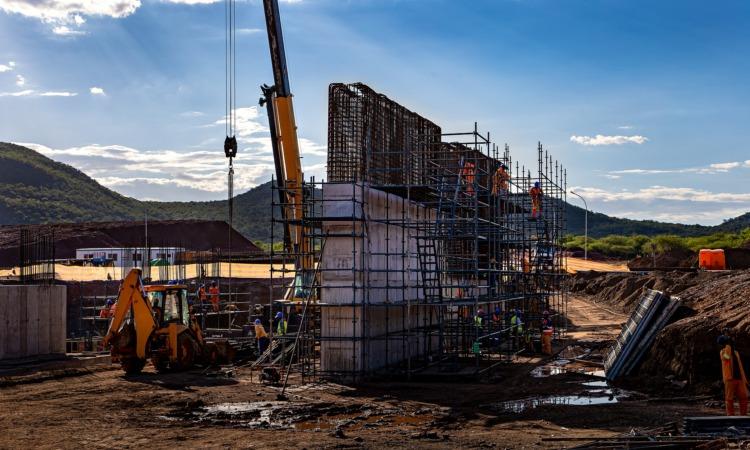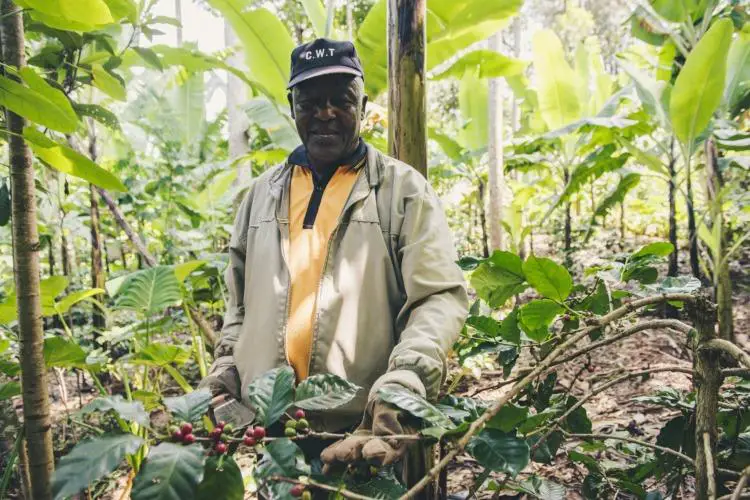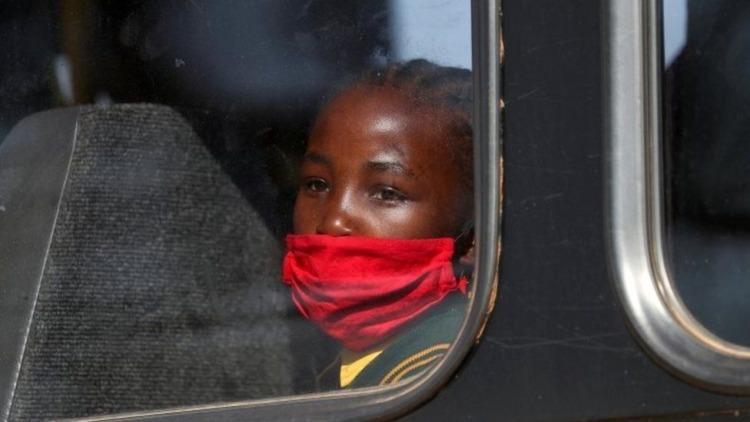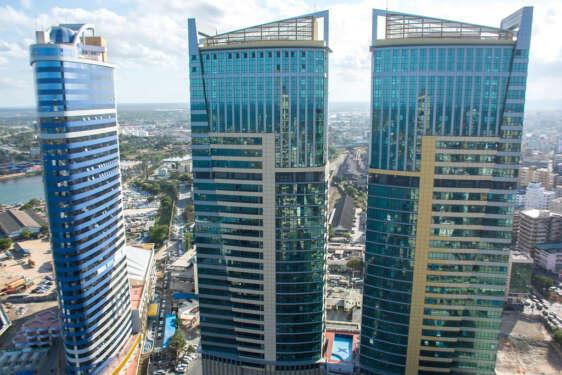- Empowering the Future: Humanity Protocol’s Dream Play Initiative
- TikTok Community Guidelines update aims to curb hate speech and misinformation
- Rwanda sees 39% surge in bank borrowers as Sacco and MFI loan uptake declines
- Kenya Ports Authority wins dispute case over cargo release
- Why Africa can reap billions from digital economy
- Africa private capital deals drop 28 per cent amid global economic turmoil
- Saudi Islamic Development Bank to the rescue of Uganda with $295 million loan
- Reshaping the future of sustainable food systems in Africa
Author: Padili Mikomangwa
Padili Mikomangwa is an environmentalist based in Tanzania. . He is passionate about helping communities be aware of critical issues cutting across, environmental economics and natural resources management. He holds a bachelors degree in Geography and Environmental Studies from University of Dar es Salaam, Tanzania.
If the world is unfair was a fact, then this statement would establish the truth without a doubt as, “there are more than twenty-one hundred billionaires across the world who own more than half of the world’s wealth” — Oxfam.
As the number of billionaires doubles over the last decade, Oxfam argues that the richest one per cent have piled up wealth twice as much as the world population. At this moment in history, inequality has worsened.
World Economic Forum (WEF) pins socio-economic inequality to be more than unequal distribution of income, but views it from a large lens, arguing, “it is critical to take into consideration multidimensional factors such as social mobility, gender equality, livelihood infrastructure, technology access, the voice of civil society, privacy, social and environmental protections, progressive tax laws and labour rights when examining how societies perform on reducing inequality and serving public interest.”
With this reality …
Tanzania, one of the fast-growing economies across the African continent ascended to a low-middle income country status (LMIC) in 2020, amid COVID-19 pandemic shocks.
The achievements of the East African nation of more than 59 million people have been recognized across the world, with the World Bank (WB) taking note of the country’s success and throwing more than congrats to the table.
Amid uncertainties brought by the pandemic, threatening the livelihood of communities and the sustenance of investments, the central bank of Tanzania forecast the economy to grow by 5.7 per cent in 2021, fueled by public investment and normalization of global trade and investment.
Under the new administration guided by the sixth president, Samia Suluhu Hassan, Tanzania has already set its priorities and highlighted some of the key investment deals on the table, including the $3.5 billion East Africa Crude Oil Pipeline (EACOP) and the Tanzania-Kenya $1 billion gas …
The government amended the Electronic and Postal Communication Act (CAP) last month by imposing a levy of between US$0.0043 (10Tsh) and US$4 on mobile money transactions, depending on the amount sent and withdrawn.
One of the key factors that led to the expansion of mobile money in Africa and Tanzania, in this case, was the increased interoperability, product expansion—which brought financial inclusion to enable nearly everyone with decent income-earning schedules to own a mobile wallet account.…
The Central Bank of Tanzania (BOT) published the monthly economic review on June 2, 2021, highlighting key economic performance in the country’s different sectors.
Tanzania’s key economic sectors such as exports and imports showed modest performance while inflation remained in tolerable benchmarks.
The East African nation is one of the fastest-growing economies in Africa and it has been on a trajectory to enhance its economy, including advancing to a lower mid-income level, amid uncertainties caused by the global pandemic.
Read: Report Insight: Central bank shows good prospects on Tanzania economy
Various forecasts by different entities including the World Bank (WB) project that Tanzania’s GDP will grow by 4.5 per cent in 2021. However, the global recovery period dictates the fate of its economy.
Inflation
According to the report, headline inflation continues to be within the country and regional benchmarks in May 2021.
“Twelve-month headline inflation remained at 3.3 per cent …
Africa is great and can be greater if its potential is harnessed strategically. This comes in many forms including placing enough recipes for Africa’s youngest working-age population to exploit different sectors of the economy.
Numbers paint a rather interesting picture. Between the year 2015 and 2035, the region’s working-age population will grow by approximately 450 million people, which is about 3 per cent per annum.
Meanwhile, the African Development Bank (AfDB) one of Africa’s vibrant development financiers noted that “youth are Africa’s greatest asset” and could support increased productivity and stronger, more inclusive economic growth across the continent.
Meanwhile, the International Labor Organization (ILO) pointed out clearly that unemployment rates have remained acute; the most unfortunate situation is that in sub-Saharan Africa, out of the 38.1 per cent of the estimated total working poor, 23.5 per cent is made up of young people.
ILO’s Global Employment Trends for Youth 2020 …
Is China is fueling Africa’s economy? That could be a question with so many angles to explore – such as – is it worth it for Africa to accept humongous loans from the industrial giant amid her journey to prosperity while opening doors for her nations to invest and heavily mark China’s ingenuity across continent-wide African infrastructure?
China, one of the world’s top economies provides eight types of foreign aid: complete projects, goods and materials, technical cooperation, human resource development cooperation, medical assistance, emergency humanitarian aid, volunteer programs, and debt relief (Brookings).
The World Bank has been ousted by China as the world’s largest bilateral creditor, making China the largest single country creditor on Planet Earth (The African Report, 2021).
In a larger context, Africa is now heavily being catered for financially by China. According to a report by The African Report, which cited data from China-Africa Initiative, between the …
What if I told you the real GDP in Africa which is projected by African Development Bank (AfDB) to grow by 3.4 per cent in 2021, could be not as effective in measuring the actual progress of the youngest continent on the planet?
The Gross Domestic Product (GDP) a measure of economic growth was developed by an American, Simon Kuznets in 1934 in the modern concept; however, its original concept emerged in Europe between 1654 and 1676, which was a gruesome period for Africa, driven into the onset of the trans-Atlantic slave trade which ended in the 19th century.
Several discussion panels have taken a keen interest in finding out the drawbacks of GDP, including one led by Nobel economist Joseph Stiglitz (commissioned by former French President Nicolas Sarkozy) that found the measure had serious holes, saying “it is time to replace gross domestic product with real metrics of well-being …
Africa’s second top economy, South Africa is yet unhinged with the grilling impacts of the coronavirus, which has already taken more than 58,000 lives and infected more than 1.7 million in the country.
“In view of the rising infections, we have therefore decided to move the country to Alert Level 3.This will take effect later this evening once the regulations have been gazetted,” South African President Cyril Ramaphosa said on Tuesday.
According to President Ramaphosa speech, different issues related to the adoption of the new alert level were raised and the national leader rallied people to embrace the new precautions for the longevity of the nation.
“We know that as difficult as the last 15 months have been, we have started to recover and rebuild. Although it has encountered several setbacks, our mass vaccination programme is gaining momentum and we are finally on the path to controlling the disease. But …
The central bank of Tanzania released the monthly economic review for May 2021 and it has reviewed different sections of the economy with a keen eye.
READ:Tanzania clock’s $3Bn as gold prices soar
Inflation
In this section of the economy, the report showed that, during April 2021, the headline inflation rate remained low and within the country and regional limits.
“Twelve-month headline inflation was 3.3 per cent in April 2021, almost the same as in the preceding month and the corresponding period of 2020,” the report noted.
However, on a month-to-month basis, headline inflation stood at 0.5 per cent, which is a bit higher than the rate registered in the corresponding period of 2020 inflation is projected “to remain within the targeted band for 2020/21”.
Further, the core inflation showed that the index accounts for the largest share in consumer price index (CPI) stood at 3.5 per cent, which …
Tanzania economy is projected to grow at 5.6 per cent, the central bank of Tanzania (BoT) revealed during its May 28, 2021, Monetary Policy Committee (MPC).
As Tanzania ascend towards marking a year since upgraded to a low-middle-income country, it has been taking serious steps to revamp its economy, by reshuffling its investment and trading operations.
Unlike 2020 whereas the entire world was battling COVID-19 this year the MPC noted that it was “pleased with good performance of the economy, which is amid global spillover of the adverse impact of the pandemic. Growth is estimated at 4.8 per cent in 2020, lower than the projection of 5.5 per cent, reflecting the adverse impact of the pandemic”
Further, the committee noted that the economy in 2021 will be reinforced by several sectors particularly construction, agriculture and transport and communications activities.
These projects are rather quite far from the African Development Bank …


